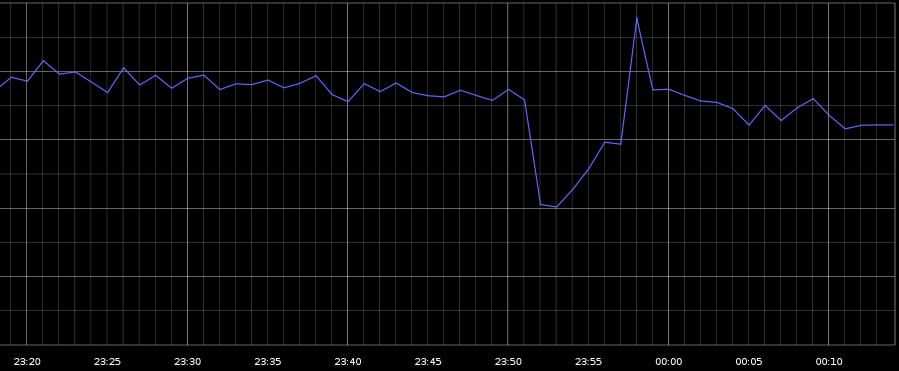What do you think would happen if the internet suddenly stopped working? In an unprecedented internet outage last Friday, all of Google’s services went dark for approximately five minutes between 4:52 p.m. and 4:57 p.m. Pacific Time. Despite its short duration, the downtime caused unspeakable repercussions throughout the Web. Analytics firm GoSquared, for example, reported a 40% drop in global Internet traffic in terms of page views!
According to Google, the official downtime lasted between one and five minutes. Impressively, observers estimate that the crash may have cost Google $500,000 in revenue. The devastation experienced by other digital commerce sites as a result of the outage, however, was likely much greater. If you haven’t been thinking about the large role Google plays in your internet life, consider Friday’s outage a reminder that the livelihood of the internet depends on Google.
What would happen if Google was down for an extended period of time? Would the digital economy collapse? It might, especially considering how long it could take businesses to switch from services formerly provided by Google, like email, and to optimize for alternative online search engines. The idea of one company having so much control over such a large range online services is worrisome. This is why antitrust prosecutors have long been investigating Google’s services. If we allow single entities like Google to maintain such power, we make it possible for a failure to bring the entire internet to its knees in just a matter of minutes.
Internet pioneer Danny Hillis argues that the Web was not designed to support the large scale of information sharing happening today, which leaves us open to cyber attacks or future meltdowns similar to Friday’s. To prevent us from falling into potentially irreparable situations, Hillis is calling for us to develop a plan B, a “parallel system to fall back on should – or when – the internet crashes.”
When forming a plan B for the internet, we need to make sure that essential life services such as police and fire departments can function without the internet. Such a plan would not require advanced technologies, but rather would take advantage of existing infrastructure unrelated to the internet. It’s just a matter of deciding to create a plan B.
Do you believe we rely Google’s services to much? Are the building blocks of the internet flawed?




Hi Daniel, that’s why we need Al Gore to re-invent the Internet 3.0. Joke a sides, we put too much power in the hands of selective few. This includes resources and wealth. The US government deregulated telecom and somewhat the energy industry. It might not be a bad idea to deregulate other stuff to keep healthy competition.
Thanks,
http://workingfromhomeparttime.com
Excellent point, Daniel, This is certainly an indication that Google has too much power in its hands. But I also read on another site that this was the very first time Google has experienced downtime. Amazing. It does make you wonder though what would happen if Google stopped working.
I did a poll on my website when Google closed Google Reader about which Google service people would miss the most if it were gone. The results were surprising as were the impassioned comments indicating how strongly people feel about Google.